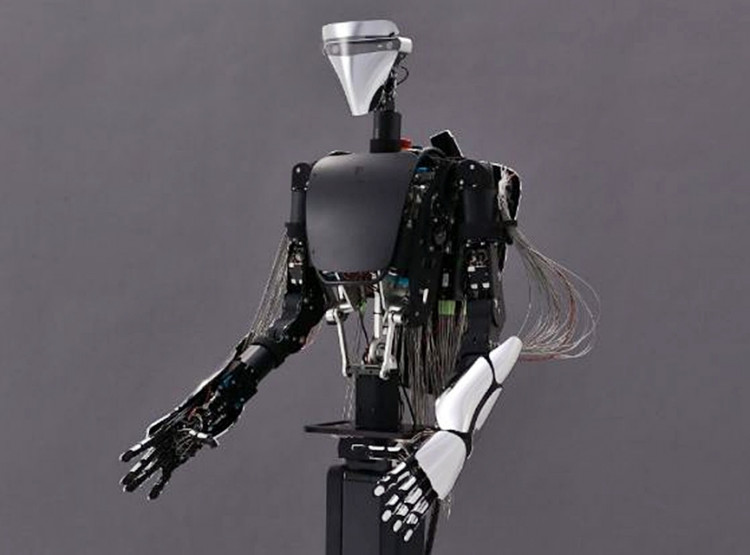Mars is a death-trap for human astronauts. This growing realization is leading to calls for robots to become the first colonists of the Red Planet.
The latest to espouse this view is SpaceX founder Elon Musk, a life-long champion of the human colonization of Mars. Musk still wants to build a Mars base before 2030. But he now wants robots with either Artificial General Intelligence (AGI) or Artificial Superintelligence (ASI) -- and not people -- to man this outpost.
On Dec. 27, Musk tweeted: "What are the chances that the First Martian is an AGI or an ASI?"
It was an odd comment given Musk had previously answered this question. He said the odds are slim an AI will be first to make Mars its home.
Oddly, Musk over the weekend said there's a 30 percent chance the first inhabitant of Mars will be some sort of ASI. Think of Hal 9000 in the sci-fi classic 2001: A Space Odyssey to envision this type of ASI.
A few definitions are in order, however. AI refers to the ability of computers to mimic human thought.
On the other hand, ASI refers to the capability of computers to surpass humans. It goes a step beyond AI and conceives a world where a computer's cognitive ability will be superior to a human's.
AGI is a type of distinguished artificial intelligence that is "broad" in the way human cognitive systems are broad. It can do different kinds of tasks well. AGI simulates the breadth of the human intellect, rather than concentrating on more specific or narrower types of tasks.
SpaceX still clings to its plan to send two Starships to Mars by 2022. These ships and their crew, which will likely be Super AIs, will lay the groundwork for the arrival of four more ships in 2024.
Two of these four will carry the first humans to Mars. In November, Musk said a Mars colony might be feasible in the next seven to 10 years, or as early as 2025. That suggests Musk thinks there's a chance his AGI will be a real thing by that time.
AI is already being used on space missions. NASA has employed AI for its Mars missions. It drew-up a series of simulations to design new code for the Curiosity rover that reduces the pressure on its wheels.
Musk isn't alone in his belief AI will colonize the planets. The Japanese are thinking along the same lines.
In September, Japan said it intends to explore the Moon and Mars, and undertake future space voyages, by using robot explorers. It's named its long-distance remote-controlled avatar robot, "MELTANT."
The Japan Aerospace Exploration Agency (JAXA) is partnering with a number of firms to develop MELTANT. MELTANT will be the first in a family of space-faring robots controlled remotely by humans that Japan will use to explore the solar system without the need of putting human astronauts in danger.
The partners are working to advance the "Avatar X program" with the start of full-scale development on the MELTANT avatar robot for deployment in space. JAXA revealed the Avatar X program early in September.
MELTANT will build bases, repair equipment and even perform surgery on human astronauts. JAXA said substitute operations using avatar robots such as MELTANT hold the key to shortening space travel. Avatar robots will also make possible extremely long-distance explorations to the outer planets of our Solar System -- and later on the exploration of nearby galaxies such as Alpha Centauri.





